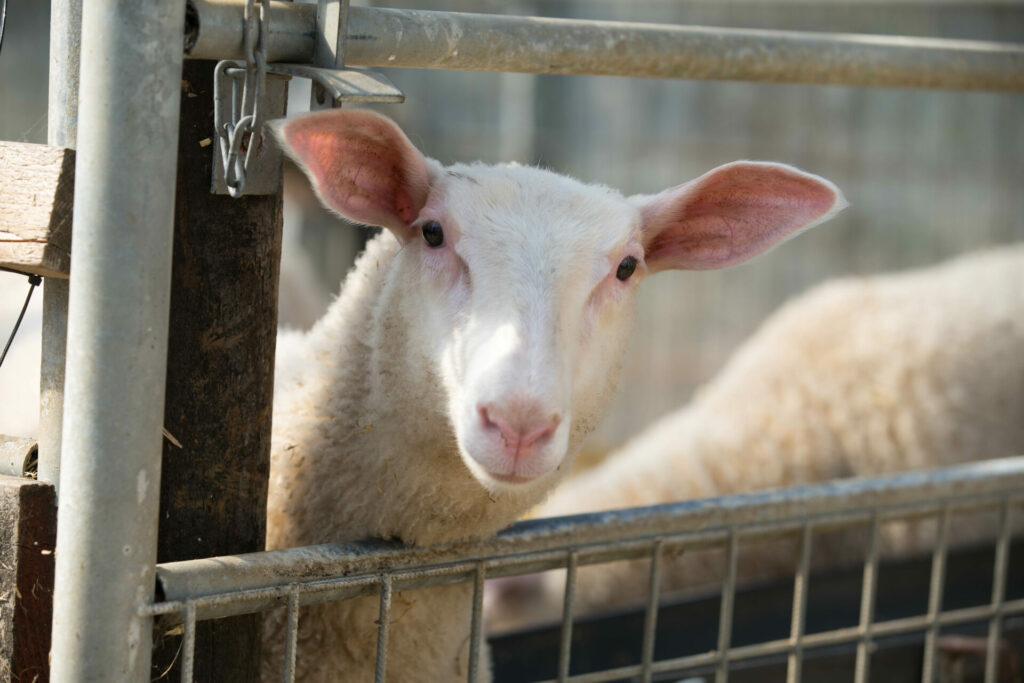A ban on ritual slaughter without stunning the animal beforehand failed to find a majority in the Environment Committee of the Brussels Parliament, RTBF reports.
The proposal, drafted by the Brussels DéFI, Greens (Groen), and Open VLD parties, was rejected by the committee after finding opposition among the Socialist Party (PS) and the Ecologists (Ecolo).
In December 2020, the European Court of Justice (CJEU) issued a ruling in favour of the Flemish ban of ritual slaughter. The ruling contradicted a previous opinion of its Advocate General who had recognized that the banning is an attack on the rights of Belgian citizens to practice their religions freely and is incompatible with EU law.
Ritual slaughter is common in Muslim and Jewish communities of the Belgian capital for the preparation of food (Halal and Kosher). In both faiths, animals are slaughtered with specially sharpened knives, in the Jewish community by a specially trained and certified slaughterer. In the Muslim faith, animals are also sacrificed during the Islamic month of Dhul Hijjah.
Religious groups claim that both Kosher and Halal slaughter, when performed correctly, can cause less pain and suffering to animals than industrial slaughter. Some animal rights groups, however, argue that the practice causes unnecessary suffering to animals.
Religious concerns
In both Wallonia and Flanders, religious slaughter without prior stunning is banned by law; only in Brussels is the practice still permitted. Those against the proposal in the Brussels parliament stated that a ban would “discriminate against (the Muslim and Jewish) communities."
The Socialist Party (PS) found the reasons for the ban to be unsatisfactory: “The debate remains fragmented and discriminatory…no method of slaughter can guarantee the absence of suffering," said Leila Agic, an MP for the PS party.
The Ecolo party argued that the bill “stigmatises the religious communities concerned.”
Related News
- Over 25 million animals slaughtered in Belgium in April
- Butcher dies in knife fight at Anderlecht Slaughterhouse
- Ancient Averbode brewery accused of illegal slaughter
Parties that favoured the ban defended animal rights. Défi cited the EU Lisbon Treaty, which clearly states that animals are “considered as a sentient beings, capable of suffering.” Party member Jonathan De Patour said that there is “scientific consensus” that religious slaughter without prior stunning causes unnecessary suffering to animals.
Members of the Movement Réformateur stated that religious slaughter can undertaken while avoid animal suffering.
Animal welfare vs religious tolerance
De Patoul lamented the failed proposal, saying that the day marks “a failure of animal welfare.” Nevertheless, the Défi party intends to push ahead with its proposal, which will now be heard at a plenary session in the Brussels parliament.
Split between animal welfare concerns and religious tolerance, the Green Party will not instruct their deputies on how to vote. “It’s not every day that voters are undecided in Parliament. The quality and content of the debates will be important in the plenary,” Green group leader John Pitseys told RTBF.

